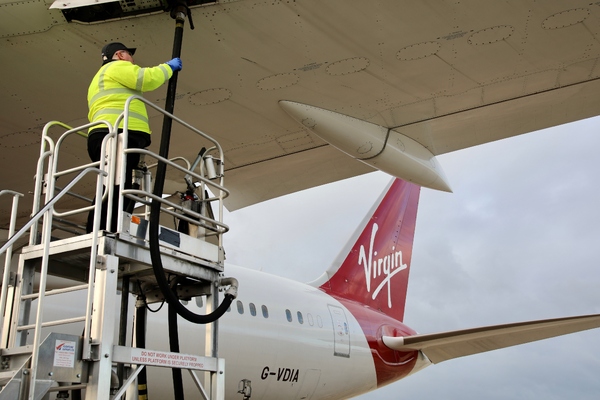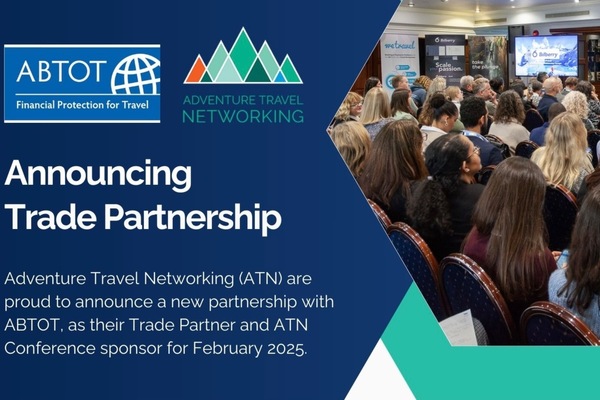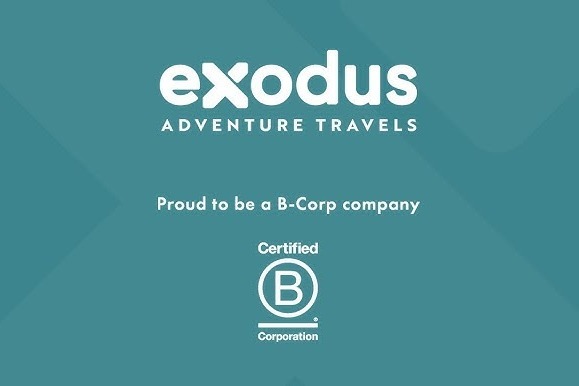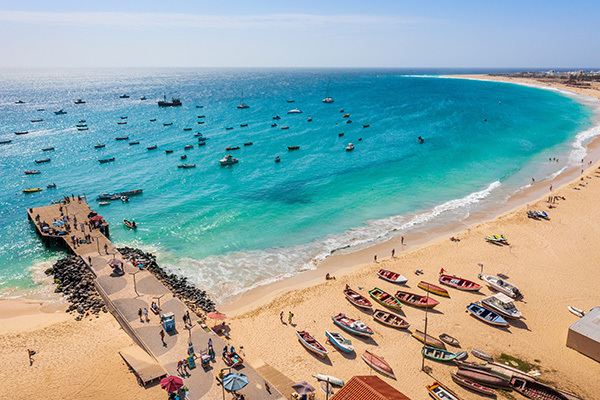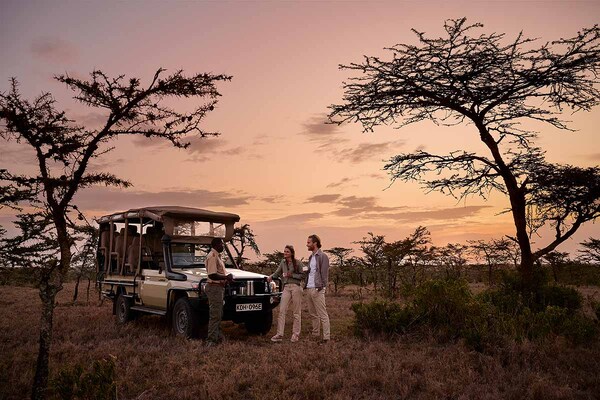Seven sustainability trends agents can't afford to ignore
 Patrick Richards
Patrick RichardsEvery January, most of us resolve to be better versions of ourselves – whether that be through cutting unhealthy excesses, being more active, or turning over any number of new leaves.
It’s also a time for businesses and business leaders to make positive changes within their organisations to improve staff welfare and wellbeing, seek efficiencies, and strengthen their bottom lines.
But these changes always take place in an ever-evolving commercial and operational environment where business priorities and imperatives shift week-by-week, month-by-month, season-by-season.
One emerging consideration is sustainability, the many tenets of which are undoubtedly set – whether by choice or insistence – to govern how companies go about their business in future, with travel poised to feel the effects of these changes more readily than many other sectors owing, primarily but by no means solely, to its carbon footprint.
But there are many other factors that will have to be accounted for, and these will inevitably trickle down from international organisations and governments, via airlines, tour operators and cruise lines and other stakeholders, to high street travel agents and homeworkers, who will be on the frontline of travel’s transition to a more sustainable future.
So while we’re all looking ahead with optimism and idealism to a new year, TTG caught up with sustainability partner TerraVerde to highlight seven sustainability trends that will affect travel businesses in the year ahead – and beyond.
What do you think? Join in the debate in the comments section below, or email feedback@ttgmedia.com. Alternatively, head to one of TTG’s social media channels to get involved.
Climate change is already having a real impact on business
Remember the wildfires in Rhodes last summer or the floods in Germany? The Rhodes fires cost the likes of Tui, easyJet and Jet2holidays tens of millions of pounds. So as global temperatures continue to rise, expect further climate incidents and disruption to operations in coming seasons. Last summer, TTG reported on changing customer attitudes with some taking decisions to avoid Mediterranean hotspots during peak summer and the growth of “cool tourism” to colder climates. In addition to changing customer demand, disruption will also impact insurance cover. Gallagher Insurance reports that of the $360 billion climate-related economic loss in 2022, insurance payouts covered only $140 billion – just 39%. Avoiding increased insurance premiums and exclusion clauses will require travel providers to invest in better risk analysis and scenario planning in future.
Soft law will become hard law
Until now, sustainability standards have centred around certifications and guidance – “nice-to-haves”, essentially. This is set to change with the introduction of more stringent standards. Led by the EU, the CSRD – Corporate Sustainability Reporting Directive – will compel businesses to submit non-financial (sustainability) reports in much the same way financial accounting is mandated at the present. Currently, this is a requirement for EU businesses that turn over more than €40 million a year, but by 2030, every business will be within the scope ofthe CSRD – including SMEs. And fines for non-compliance will be up to 5% of global turnover. Then there's the EU's proposed Green Claims Directive, which aims to eradicate greenwashing with similarly tough penalties for transgressors. While the UK is, of course, no longer a member of the EU, similar legislation is planned in the UK, with the US and certain Asian countries debating similar schemes. It all points to further growth in regulatory pressures on travel businesses.
Sustainability will spread via the supply chain
Anyone studying carbon science will know about Scope 3 – that’s the part of any company’s carbon footprint residing in its value chain. What does this mean? Well two things. Firstly, as most large travel distributors are asset light, then typically more than 90% of their impact will be found in their supply chains. Secondly, with Scope 3, the distributor bears responsibility for its suppliers’ footprint. So if your business supplies a large tour operator, OTA, or non-travel corporate, then expect to get additional demands for sustainability commitments in contracts and proposals. This is not new, but with many large companies now having organised their own policies and procedures, expect these requests to become more frequent.
Pressure to harmonise carbon data will grow
As carbon accounting becomes an ingrained business practice, so will the realisation too many discrepancies exist right now. Measures often vary wildly and the outcry for harmonisation of methodology will proliferate. Nowhere will this be more pronounced than with aviation, but accommodation will also fall under the spotlight. Many hotels currently only measure and report direct emissions (Scopes 1 and 2). Requirements for Scope 3 supply chain measurement and disclosure will escalate. Organisations such as Prince Harry's Travalyst will likely play a leading role.
'Net zero' goals will get a much-needed reality check
Net zero, no problem. Really? Chief executives may commit their organisations to removing all the carbon from their operations by 2050 or even 2040, but who really understands what this means? Fossil fuels still fulfil 80% of global needs, and this is forecast only to decrease to 60% over the next 15 years. When it comes to aviation, SAF (sustainable aviation fuel) is heralded as the most practical near-term solution for decarbonising operations. However, according to Iata, current production of SAF amounts to only 1% of the 30 billion litres a year the world will need. Scaling up SAF production facilities will cost billions of dollars in a tight investment climate. In 2024, the true magnitude of the challenge to deliver on net zero commitments will begin to hit home.
Demand for carbon literacy training will grow
All the above will result in travel companies getting ever more questions. Cultivating a broad understanding of what all this is about and how it impacts customers will increasingly become part of the armoury for industry professionals. Forward thinking managements will look to equip their teams with competencies, so that they can continue to give sound customer advice.
Taking action is within your grasp
For all parts of the travel trade, it is easier than ever to make a start. “Playbooks” and methodologies are there to guide organisations on their sustainability journeys; aligning results to overall business objectives, while also being manageable within resources. 2024 will be a year when many more companies react to the drivers outlined in this piece and take that first step for the sake of their customers, staff, suppliers and investors.
Patrick Richards is co-founder of, and sustainability director at, TerraVerde Sustainability.
Sign up for weekday travel news and analysis straight to your inbox

Patrick Richards
Supplier Directory
Find contacts for 260+ travel suppliers. Type name, company or destination.





